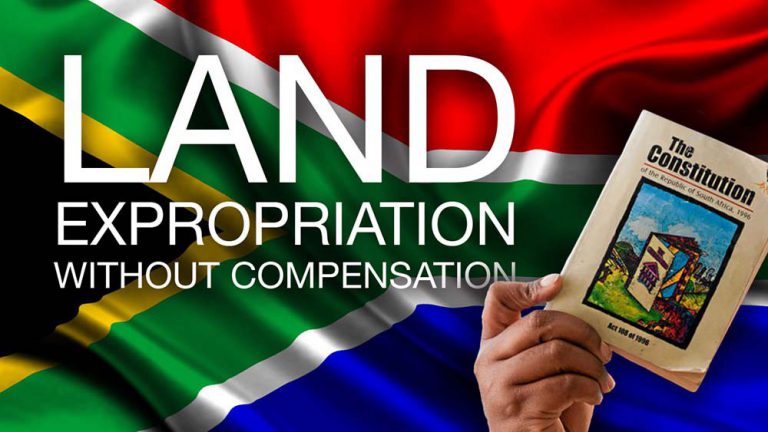The Land Expropriation Act, recently signed into law by President Cyril Ramaphosa, is facing significant resistance, with the Democratic Alliance (DA), ActionSA, and Afriforum threatening legal challenges. The Act, which replaces the 1975 Expropriation Act, seeks to address historical land injustices but has sparked fierce debate over property rights and economic consequences.
DA Raises Concerns Over Property Rights
The DA, a key member of the government of national unity, has expressed strong reservations about certain provisions of the new Act. The party claims the legislation introduces uncertainty around private property rights and creates a risk for potential abuse in land expropriation cases.
“The DA will not stand by while laws that jeopardize economic growth and property ownership are pushed through without adequate safeguards. We are reviewing our legal options,” a DA representative said.
ActionSA: ANC’s “Destructive Policies”
ActionSA has also criticized the Act, calling it part of the ANC’s continued pursuit of policies they deem harmful to South Africa’s economy and global investment prospects.
“This is yet another instance of the ANC prioritizing ideological agendas over economic stability. We are considering legal action to challenge this destructive policy,” said an ActionSA spokesperson.
Afriforum: Protecting Private Property Rights
Civil society group Afriforum, known for its strong stance on property rights, announced it would be launching its own legal battle against the Act.
“We cannot allow laws that undermine private property ownership to go unchallenged. This is not just a legal battle; it’s a fight for the principle of individual rights and security of ownership,” Afriforum said in a statement.
Support for the Act from Cosatu and Saftu
On the other side of the debate, labor unions Cosatu and Saftu have welcomed the new law, framing it as a crucial step in addressing South Africa’s stark economic disparities.
- Cosatu: The federation hailed the Act as a “historic victory” for the working class, particularly those dispossessed during apartheid.
- Saftu: The union described the Act as a significant milestone in South Africa’s efforts to redistribute wealth and tackle economic inequalities.
What Does the Land Expropriation Act Entail?
The new law allows the government to expropriate land in the public interest under specific conditions, including instances where compensation may be less than market value. Proponents argue this is vital to address historical injustices, while critics warn it could deter investment and infringe on property rights.
Next Steps
With the DA, ActionSA, and Afriforum preparing legal challenges, the Land Expropriation Act is set to be tested in South Africa’s courts. Meanwhile, proponents of the law, including Cosatu and Saftu, argue it is a necessary step toward economic justice.
The coming months will determine whether the Act survives legal scrutiny or faces amendments following judicial review.












